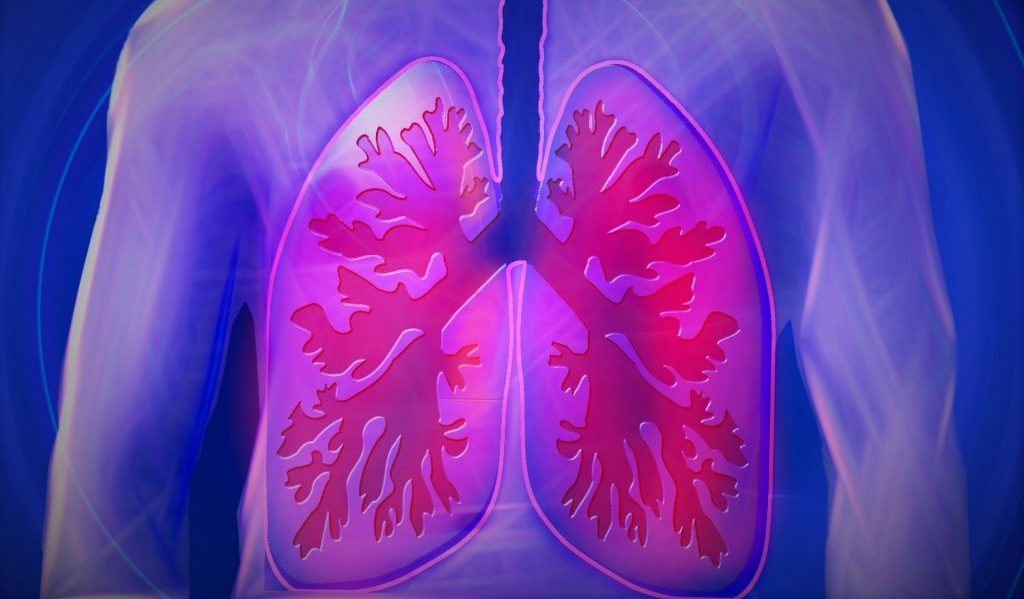Chronic obstructive pulmonary disease (COPD) is a common chronic lung disease caused mainly by smoking and other environmental irritants. These agents can cause structural changes such as narrowing of the airways or emphysema. These changes eventually lead to obstruction of airflow and ultimately COPD.
Typical symptoms
Patients may feel breathless or unable to breathe, often accompanied by coughing and coughing up sputum. COPD can recur and is more likely to flare up during seasonal changes and climate change, and can last for years or even decades.
Risks
The obstruction of airflow caused by COPD not only affects the respiratory system but also many organs throughout the body, leading to pulmonary heart disease and eventually death from respiratory and systemic organ failure.
Common causes
- Certain genetic factors
- Smoking
- Indoor and outdoor air pollution
- Long-term exposure to dust, chemicals, and other harmful fumes
- Lung infections
Prevention and treatment
In the early stages of COPD, patients do not experience any significant discomfort. Moreover, its symptoms are similar to those of a cold and are too common to be easily overlooked. In fact, by the time symptoms show up, it has already progressed to the middle stage and treatment is not effective.
A combination of treatments is necessary: smoking cessation, better nutrition, rehabilitation, cold and flu prevention, strengthening the body’s immune system, and adherence to medication during the stabilization phase. Doctors can help patients relieve symptoms during acute attacks and slow down the deterioration of lung function. However, there is no specific medicine or treatment for this disease as the severely damaged lung function is irreversible.
Therefore it is important to focus on prevention. Staying away from smoking is the most effective preventive measure.
Relationship with lung cancer
COPD is one of the main risk factors for lung cancer, and the prevalence of lung cancer in people with COPD is three times higher than in the general population. This is because both are stimulated by smoking and chronic inflammation associated with smoking, dust, and air pollution.
Therefore, patients with COPD need to be aware that if their condition worsens or symptoms such as coughing up blood or masses in the lungs appear during the long-term treatment, and if they are treated as such but are ineffective, lung cancer should also be considered.
